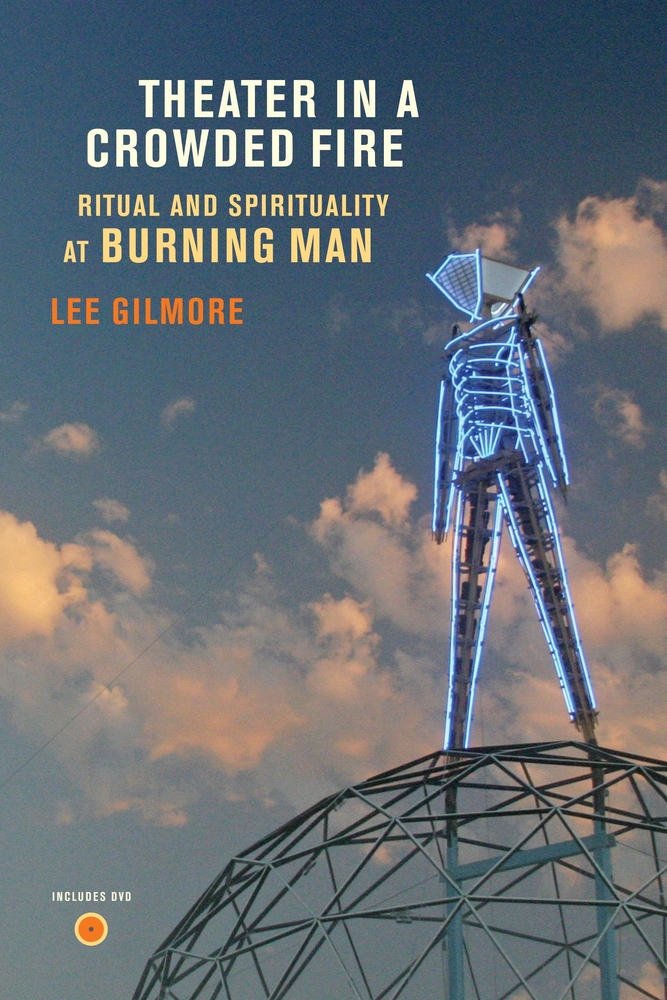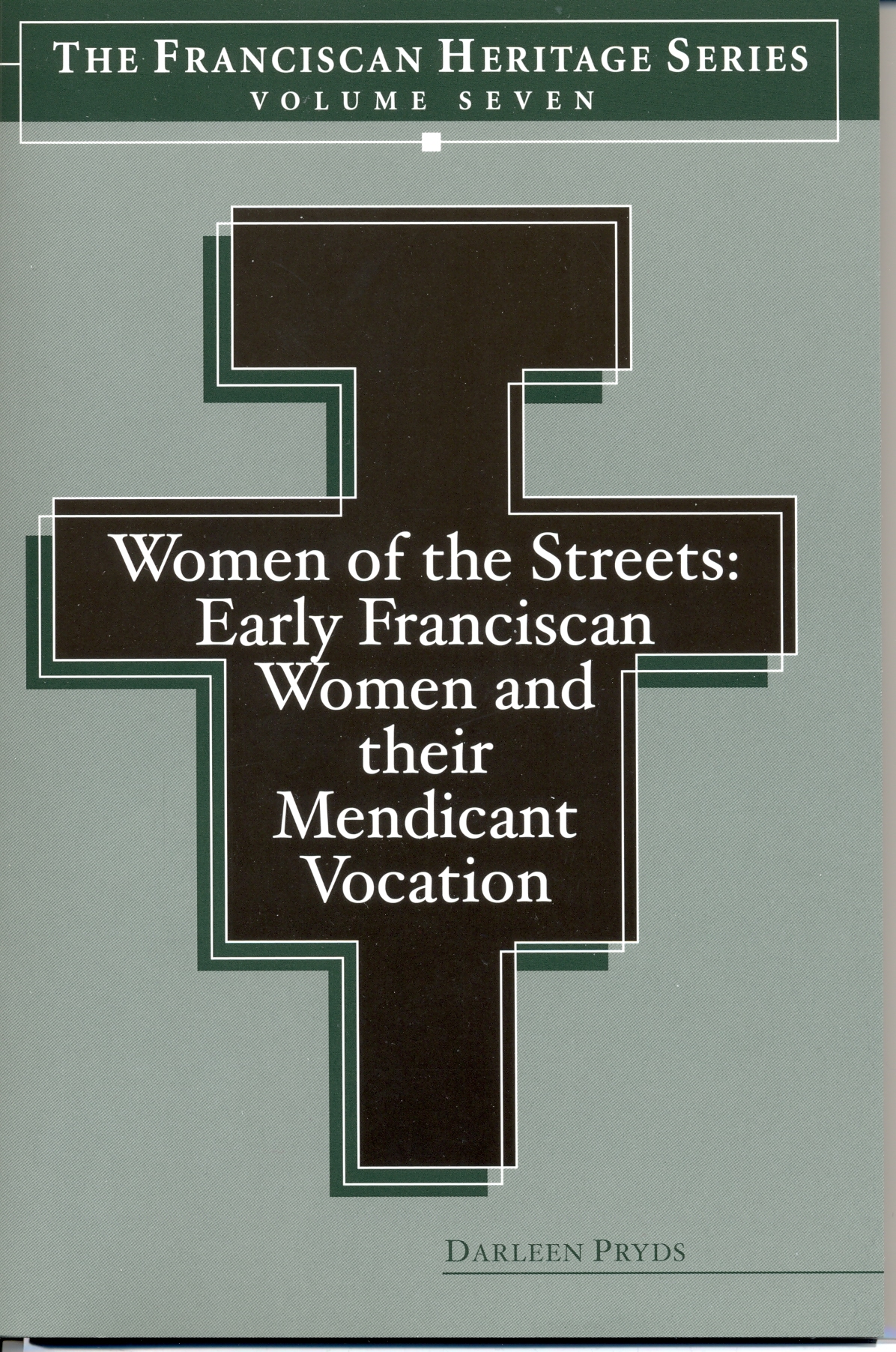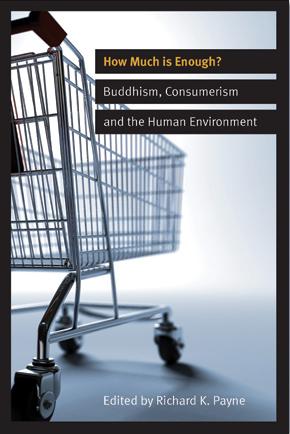Jenny Te Paa Named Alum of the Year
In 2008 The Telegraph named Jenny Te Paa (Ph.D. ’01) one of the world’s fifty most influential Anglicans. This year, the first and only Maori woman with a Ph.D. in theology has been named GTU’s 2010 Alum of the Year. Te Paa spent five years studying in the GTU doctoral program while simultaneously serving as dean at the College of St. John the Evangelist in Auckland, New Zealand, 6500 miles away. Her goal there — creating bicultural theological education which celebrates a diverse and changing society — reflects her desire to honor the knowledge and cultural understandings of indigenous peoples. Te Paa will be honored at the GTU Alumni Reception at the American Academy of Religion this October. Watch for an interview with her in the spring issue of Currents.
Borderless Buddhism
For many, Buddhism evokes images of Asia — saffron robes and pagoda-styled temples. But what does Buddhism look like in the West? Not surprisingly, since crossing from east to west, Buddhism has taken on a distinctly Western flavor, to the distaste of some purists. This has led to a debate over the two Buddhisms in the West — convert versus ethnic or immigrant. This complex dialogue fueled a four-day Buddhism without Borders conference last March hosted in Berkeley by GTU’s Institute of Buddhist Studies. Keynote speaker Thomas Tweed described Western Buddhism not in terms of authenticity or orthodoxy, but as a stream which is fed by both the larger Buddhist “river” and other Western sources. Some presenters discussed Buddhism in the context of social networking and blogs, where many practitioners decipher a modern Western Buddhist identity.
Visit: www.shin-ibs.edu
New Books
 … By Lee Gilmore, Ph.D. ’05 … By Lee Gilmore, Ph.D. ’05
Theater in a Crowded Fire: Ritual and Spirituality at Burning Man
University of California Press
“Every summer, thousands gather from around the world in the blistering heat of Nevada’s Black Rock Desert for the seven-day celebration of art, community, and fire known as Burning Man. … In this engrossing ethnography of the Burning Man phenomenon, Lee Gilmore explores why “burners” come in vast numbers to transform a temporary gathering of strangers into an enduring community. Accompanied by a DVD … the book delves into the varieties of spirituality, ritual, and performance conducted within the festival space.”
— Amazon
|
|
|
 … By Darleen Pryds … By Darleen Pryds
Associate Professor of Christian Spirituality, Franciscan School of Theology
Women of the Streets: Lay Franciscan Women and their Mendicant Vocation
Franciscan Institute at St. Bonaventure University
“Rose of Viterbo, Angela of Foligno, Margaret of Cortona, and Sancia, Queen of Naples, were all born within the first century of the Franciscan Order. As women who pursued their religious vocation of voluntary poverty, itinerancy, and preaching outside of monastic walls — in the streets and in their homes — they could very well be called the first generation of mendicant women.”
— publisher
|
 … By Michelle Gonzalez, Ph.D. ’01 … By Michelle Gonzalez, Ph.D. ’01
Shopping: Christian Explorations of Daily Living
Fortress Press
“What could be more mundane or less religious than shopping? Yet shopping asks us to choose our values and weigh the good in everyday terms. It also brings us instantly in contact with the myriad relationships and labor of people all over the world who have grown, harvested, or crafted the food, clothes, and other items with which we sustain and adorn our lives. Michelle Gonzalez, whose work on spirituality has lifted up the life practices of Latina women, explores the rich material on economic activity and relationships in the Christian tradition and the larger pertinence of our actions in an era of globalized economic interconnection.
“Shopping … asks: How do Christian justice and solidarity play a role in how we value and spend our money? Can shopping be a Christian act? Can it be a sinful one?”
— Amazon
|
|
|
 … By Richard K. Payne (editor), Ph.D. ’85 … By Richard K. Payne (editor), Ph.D. ’85
Faculty, Institute of Buddhist Studies
How Much is Enough? Buddhism, Consumerism, and the Human Environment
Wisdom Publications
“The ease with which we can acquire massive quantities of food, clothing, kitchenware, and various electronic goods directly connects each of us with not only environmental degradation caused by strip mining in West Virginia, and with sweat shops and child labor in India or Africa, but also with the ongoing financial volatility of Western capitalist economies, and the increasing discrepancies of wealth in all countries. How Much is Enough? confronts this interconnectivity with a Buddhist perspective.”
— publisher
|

 … By Lee Gilmore, Ph.D. ’05
… By Lee Gilmore, Ph.D. ’05 … By Darleen Pryds
… By Darleen Pryds … By Michelle Gonzalez, Ph.D. ’01
… By Michelle Gonzalez, Ph.D. ’01 … By Richard K. Payne (editor), Ph.D. ’85
… By Richard K. Payne (editor), Ph.D. ’85